৩০ মাঘ ১৪৩২
World Bank Reaffirms Support for Rohingya and Host Communities in Cox’s Bazar
27 August 2025 20:08 PM
NEWS DESK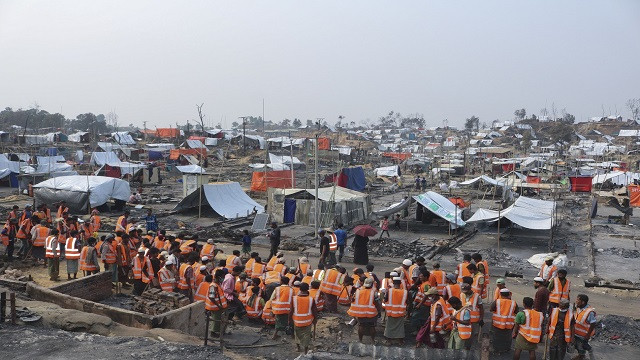
The World Bank will continue its support for the welfare of both the displaced Rohingya population and host communities in Cox’s Bazar, said Jean Pesme, World Bank Regional Director for Bangladesh and Bhutan, during his first visit to the Rohingya camps.
Speaking at the inauguration and handover ceremony of a new Multipurpose Community Service Center at Camp 2W in Ukhiya on Wednesday, Pesme said,
“I’m pleased to see that this project benefits both Rohingya and local communities. The shelters, initially built for disaster emergencies, are now also being used for education and social services. This is very promising, and the World Bank remains committed to supporting Bangladesh in assisting these vulnerable populations.”
The center was implemented under the Emergency Multi-Sector Rohingya Crisis Response Project (EMCRP), which is supported by the World Bank.
At the event, Bangladesh’s commitment to improving the lives of both Forcibly Displaced Myanmar Nationals (FDMNs) and the host communities through partnerships with the World Bank was emphasized.
Special guests included Jabed Karim, Additional Chief Engineer of the Local Government Engineering Department (LGED) and Project Director of EMCRP, and Obaidullah, Additional Refugee Relief and Repatriation Commissioner (RRRC) and Joint Secretary of the Bangladesh government. Others present included Md. Abdus Salam, Deputy Project Director of EMCRP, and Swarna Kazi, World Bank Task Team Leader. The event was chaired by Camp-in-Charge and Executive Magistrate Md. Fakhrul Islam.
Jabed Karim recalled the 2018 visit to Cox’s Bazar by UN Secretary-General António Guterres and then-World Bank President Jim Yong Kim, who expressed deep concern over the plight of the Rohingya. In response, the EMCRP was launched with World Bank funding under LGED.
He outlined the project's goals, including disaster risk reduction, access to safe water and sanitation, improved education services, strengthened response to gender-based violence, and environmental protection.
Key achievements of the project include:
- 15 cyclone shelters
- 16 multipurpose community service centers
- 9 satellite fire stations
- Over 4,000 solar-powered street lights
- More than 1,000 nano-grid power connections
- 67 lightning protection systems
Public awareness campaigns have encouraged responsible use of these facilities under the slogan: "The services are for me; I use them with care."
Additional RRRC Obaidullah described the new center as the first permanent multipurpose structure within the camp, serving not just as a disaster shelter but also a hub for education, health, and social services. He emphasized the importance of community ownership in the facility’s maintenance and management.
A Rohingya parent expressed gratitude, saying,
“This center has made my daughter’s education more comfortable. She used to study in a small straw hut, but now she attends a clean, spacious building with toilets and drinking water. During cyclones, we can also shelter here. We are grateful to the Bangladesh government and hope for more such centers.”
The EMCRP is being implemented by LGED, the Department of Public Health Engineering (DPHE), the Ministry of Disaster Management and Relief (MoDMR), and the Bangladesh Center for Communication Programs (BCCP). With World Bank support, LGED has focused on improving communication and awareness among host communities and the displaced population.
This initiative highlights how coordinated efforts between government and development partners can bring stability, dignity, and hope to both displaced and local communities.




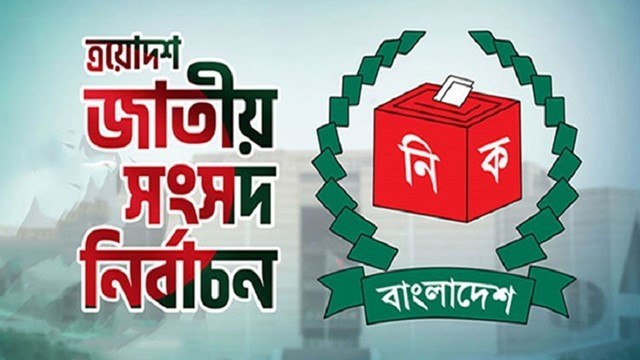
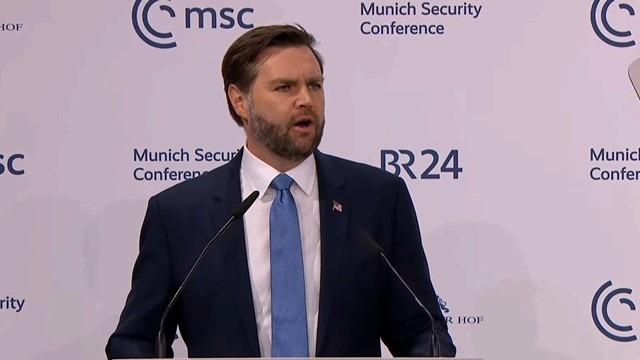
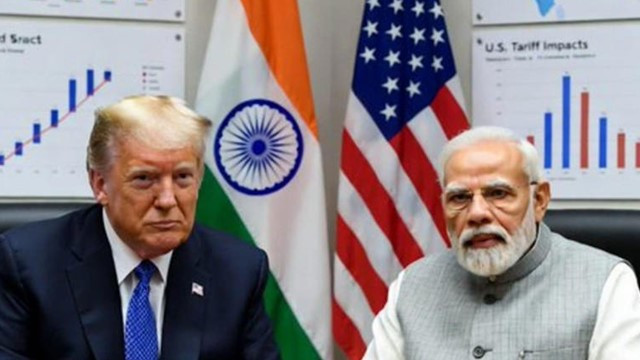
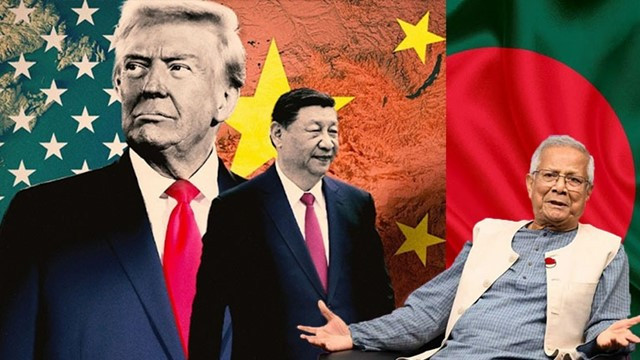
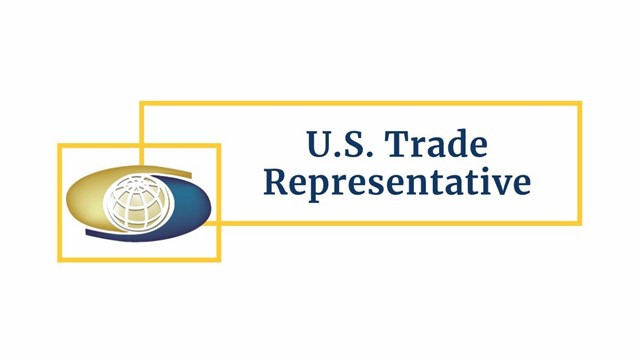
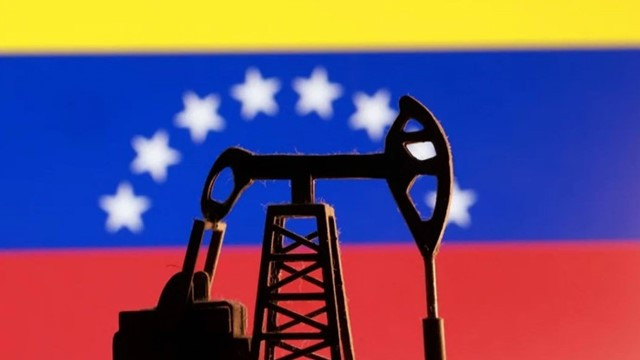

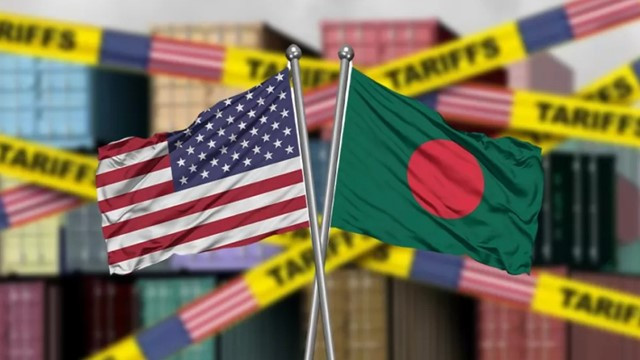
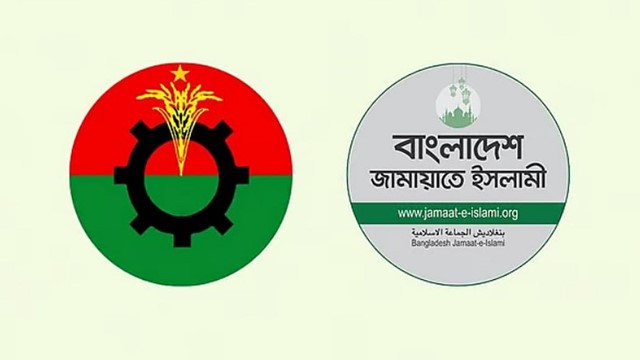
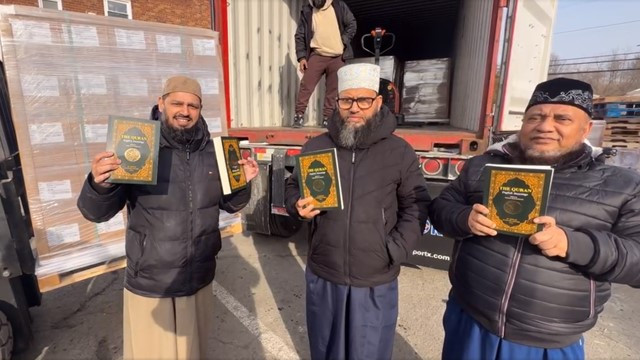
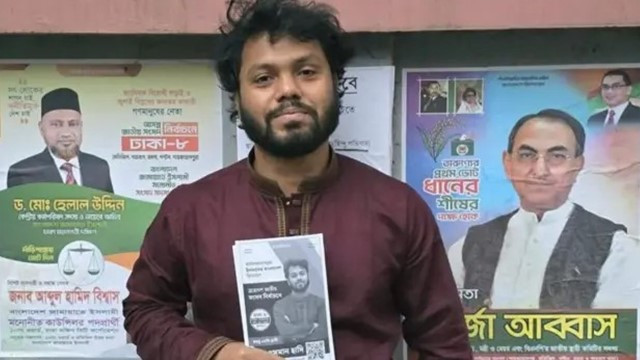
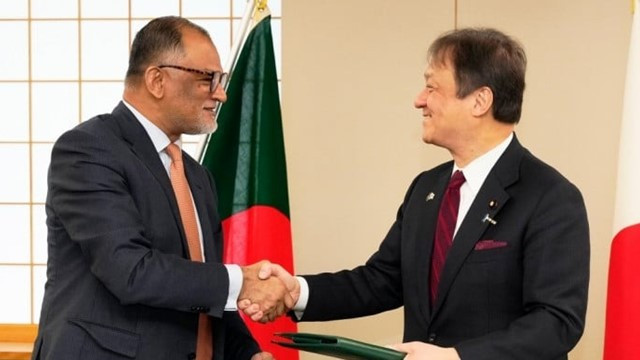
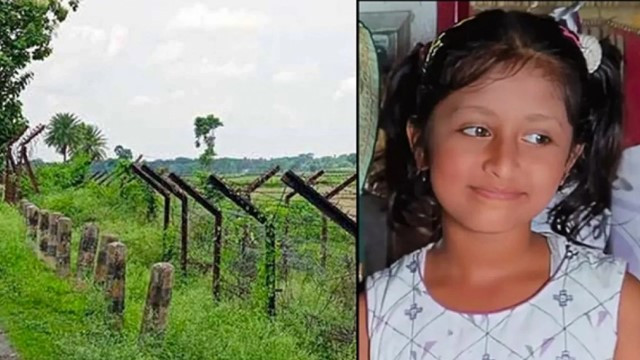
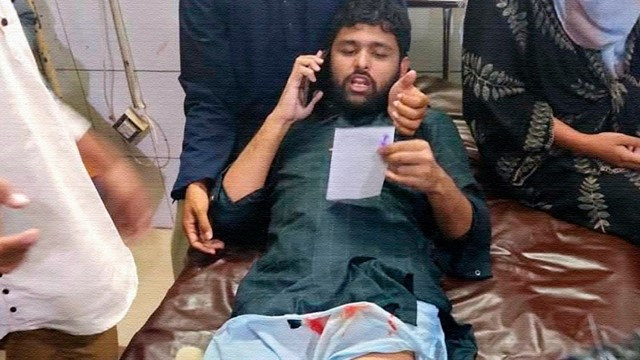
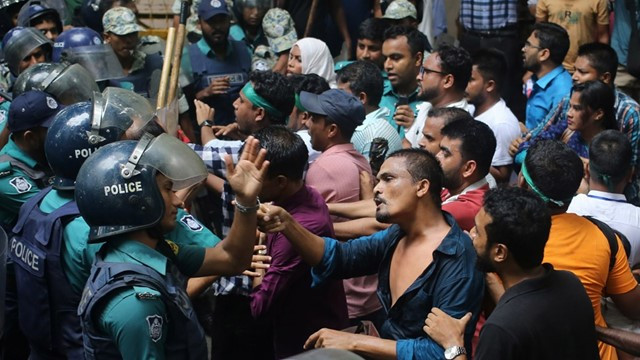
Comments Here: